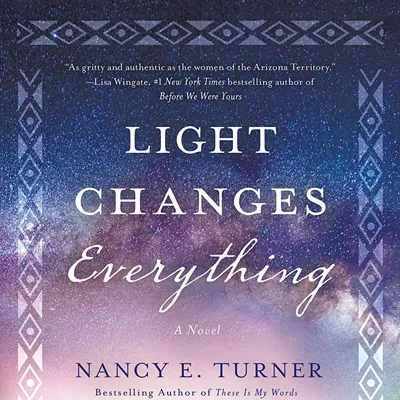CHRISTOPHER BURTON, narrator and troubled protagonist of Tim Parks' new novel, has a bushel of problems. He's unhappily married to a woman he both resents and adores; he's fretful about an adulterous affair he can neither forget nor resume; at the breaking point in his successful career as a British foreign correspondent in Italy; desperately ill with heart and digestive ailments; charged with tax evasion; and confused by his therapist's enigmatic advice. In short, Burton is just barely coping. In Destiny's opening scene, the crisis arrives in a telephone call, informing Burton in London that his adult son has committed suicide with a screwdriver in an Italian psychiatric treatment facility.
This brief, bleak synopsis reveals only the bare bones of the chaos roiling inside a man outwardly composed and dignified. Destiny is no melodrama, however, but rather a darkly humorous metaphysical satire. In its mildly redemptive conclusion, it argues that such a life is better than none at all.
Destiny is Park's tenth novel. A Verona-based British expatriate, he's authored several light-hearted travel books on Italian life and is the English translator of the distinguished scholar/fabulist, Roberto Calasso. In 1997, his novel Europa was short-listed for the Booker Prize. The tenor of his interests was made explicit in a more recent book of essays, Adultery and Other Diversions, in which he tackles subjects like Fidelity, Maturity, Charity, Rancour, and Conformity.
These themes are at the heart of Christopher Burton's dilemma in Destiny. Hearing of his son Marco's violent death, Burton's first thought is that his long marriage is finally over. Why this must be so becomes the subject of Burton's interior monologue, tracking relentlessly back through the history of his marriage and career while simultaneously carrying forward the eventful story of the few days between the phone call and his son's funeral in Rome.
Mastery of the interior voice is the signature achievement of Parks' fiction. Although his psychological insights themselves are not groundbreaking, the candor with which his characters reveal themselves indicate ruthless authorial honesty. In the process of self-revelation, his protagonists have a rare power to make the reader squirm in self-recognition. In this, as in its subject, Destiny bears comparison with the late Joseph Heller's vastly underrated masterpiece, Something Happened.
In the early going, Christopher Burton's voice is almost intolerably irritating. Even talking to himself, he is unable to say his wife's name. He grouses redundantly around petty grievances and physical discomforts, while he glances superficially off moments in his 30-year marriage during which he may have been seriously wronged.
Gradually it becomes clear that these are lifelong habits, which have served well to make him a respected journalist--always the observer of trees, but never of the forest. It is not coincidental that he has come to hate his piecework profession, and is determined to synthesize its bits into a "äcollection of material that, once assembled in a book, must serve to transform a respectable career into a monument--something so comprehensive and final, this was my plan, as to be utterly irrefutableä." He has a theory of national character, which he calls "The Horizon of Predictability," and by which he hopes to pin down, once and for all, precisely what people are; or rather, what peoples are. Nationality, he thinks, is individual destiny, and this has particular significance to his marriage, he supposes, because his wife is Italian.
Burton observes the irony that Italians always take him for German, and his English countrymen take him for American, but it takes Destiny's wild plot contingencies to shatter the intellectual vanity and emotional coldness on which his theory is based. These events, and the way in which they unfold, are reminiscent of the early Iris Murdoch, when she was still genuinely funny and inventive, before her philosophical imperatives overwhelmed her determination to entertain. And as in Murdoch, many of Parks scenes are at the same time completely real and eerily symbolic.
The departure lounge of an international airport is perfectly realized in its sterile uniformity and anxiety-producing boredom. Hotel restaurants and bars, sidewalk pasticcieras, car interiors in rain, and dimly-lit train compartments at night take their place over 48 hours, each made increasingly claustrophobic by Burton's mounting emotional and physical distress. Less familiar, but powerfully evoked, is a chapel-like Italian hospital morgue, made waxy by flickering candlelight. Burton finds it not only impossible to weep for his dead son, but neither can he pass food nor liquids. He is, as it were, totally blocked, and his wife is, of course, totally to blame.
Burton, and Destiny, require the reader's patience. It took the protagonist 30 years to get into this state, and Parks is too subtle a novelist to let him talk his way out of it easily. Burton's stream of consciousness does gather momentum, and as it does so draws greater sympathy and understanding. The resolution, when Burton breaks into the home he has never really made his own (a spooky Roman palazzo where, named at last, his wife awaits atop a broken staircase)....well, the whole idea is to climb slowly with him to meet his fate.







